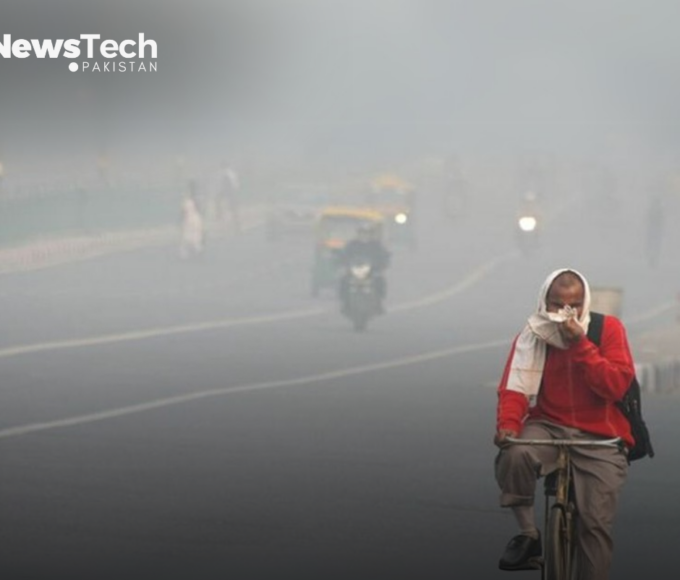The risk of a diphtheria outbreak in Pakistan has prompted the federal government to urge provincial administrations to implement emergency measures to control the disease. The National Institute of Health (NIH) will soon send an advisory to the provinces, emphasizing effective surveillance of diphtheria cases, which have led to numerous reported infections and fatalities across various cities.
According to NIH, diphtheria is a life-threatening bacterial infection that spreads through toxins and can be transmitted from person to person. The infection primarily affects the throat and nasal membranes, leading to swelling in the throat and upper respiratory tract. Common symptoms, which appear 2-5 days post-exposure, include severe cough, breathing difficulties, hoarseness, fever, sore throat, congestion, and runny or blocked nose. The NIH highlighted that if left untreated, 10% of cases can lead to fatality, and mortality rates in unvaccinated individuals range from 5% to 17%.
The NIH also noted that unvaccinated elderly individuals and children under five are particularly at high risk, especially those in crowded living conditions. In response, NIH is conducting free diagnostic tests for suspected cases of diphtheria and advises citizens to seek timely vaccination to prevent infection.


















Leave a comment